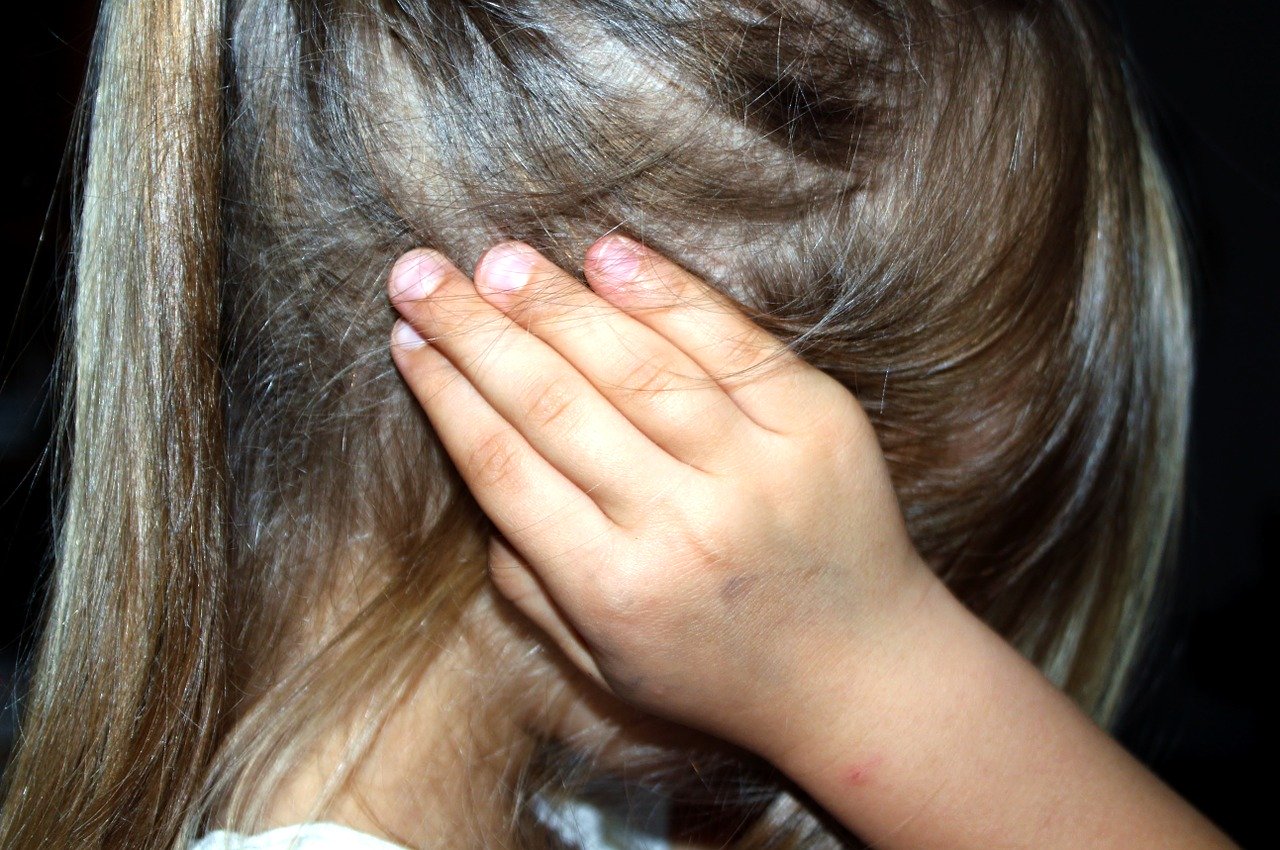In second grade, I had a relatively small social circle. My two best friends were Giulietta (who loved Great Danes) and Sophie. I was only friends with Sophie because one day she came up to me in the canteen line and asked me if I wanted to be friends. Being young, I didn’t fully grasp the concept of “friends” but I said yes anyways.
Our young, innocent friendship lasted a couple of months until one fateful lunchtime, where I was suddenly rendered an outcast because of my food.
Normally at lunch, I’d buy my normal meal from the canteen; a carton of chocolate meat, a slice of off-tasting square pizza, some canned fruit, and a chocolate chip cookie. But on that day, my mum had decided to pack me seaweed soup, or miyeokguk, a traditional Korean delicacy. And that was when things started to go astray.
Sophie nudged me from the side. “What are you eating?” she asked. “Ooh, that smells nice,” she said.
I grinned at her. “It’s seaweed soup. Wanna try some?” I asked.
Sophie screamed and almost fell out of her chair. “You eat SPINACH soup?” she exclaimed.
Her voice was full of disgust.
The rest of the class had heard her exclamation. Questions started to thicken the air, as everyone started asking about seaweed. I could hear someone saying “Sally’s a turtle, she eats seaweed.” as well as not-so-subtle whispers of “yuck,” and “gross,” .
Someone said: “What does spinach taste like?”
I noticed that a few seats away from me a boy was eating his sushi. I knew that sushi paper was made out of spinach. Why didn’t they go ask him instead? Life was unfair.
Even Giulietta, my best friend, was inching away from me.
From then on, some of the kids in my class treated me like an outcast, like I wasn’t supposed to be there. I could still hear some of the whispers that had surrounded me during that one lunchtime and they just wouldn’t go away. Insecurities of sorts started consuming me, and I became more self-conscious of what I looked like to others. In this process, the second-grade me had killed myself without even recognising it.
I started comparing myself to other, well-accepted children in the grade. There was Juliet, who had a large circle of friends. I tried to emulate her to a certain extent. Juliet brought ham and cheese sandwiches to lunch instead of seaweed soup. Juliet did not raise her hand in class, whereas I would spring my hand up like little Hermione at every question like a know-it-all. Juliet had a small, pointy nose. My nose was a fat boulder resting in the middle of my face. Although I couldn’t change my nose, I decided that I would stop raising my hand and start bringing ham and cheese sandwiches to every lunch.
I became increasingly silent in my class, staring at everyone and comparing them to myself.
Luckily, I got to move after a year at that school and ever since the “seaweed incident” happened, I’ve matured. I don’t care about what others think about my excessive hand raising in class, nor am I unhappy with my nose or what I bring to lunch. But it took a lot of work and motivation, as well as a change of environment to get into this mental headspace of thought. Others who have suffered more extreme cases of bullying might not have been as lucky.
In fact, I’ve been a part of bullying. After I moved from the school where I was teased for my food, I joined a group of innocent-looking third graders. I fit in well, but there was one girl – I think her name was Mia – who had a birthmark on her left arm. The other third graders avoided her indirectly and didn’t talk or work on group projects with her, and I was one of them. Whenever the teacher asked the students to pair up, Mia would always end up being the odd one out and would have to pair with the teacher.
Looking back on it now, I feel extremely guilty about not attempting to start a conversation with Mia. Hopefully she’s in a better place now.
I’m sharing my story as a message to you guys reading this. Never, ever ignore or bully someone because of their culture, sexual orientation, birthmark, accent, skin colour, or otherwise. These are the very things that make us all unique and interesting, and to bully someone because of those traits is to take away their individuality and soul.
As for bystanders of bullying, you’re taking part in the act as well. Don’t look the other way when someone’s getting harassed – be it verbally or physically. Of course, you don’t have to jump in and stop the fight (as that would be dangerous). At least report it to a trustworthy adult or teacher. You aren’t being a snitch by doing so ; in fact, you’re doing the exact opposite.
Image credit: Ulrike Mai

